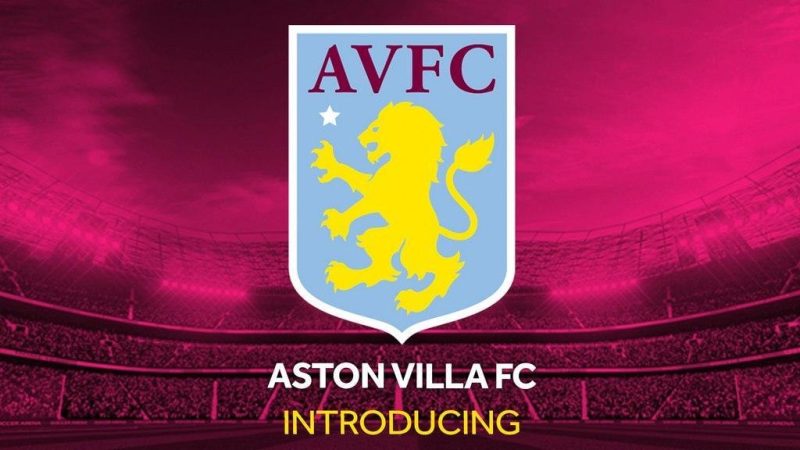
USC Football
In the years that followed, USC produced several more NFL talents, proving that their commitment to excellence remained unwavering despite the adversities they faced.
Iconic Players Who Shaped USC Football
The illustrious history of USC football is intertwined with the contributions of countless talented players. These athletes not only excelled on the field but also embodied the spirit of Trojan football.
Quarterbacks that Defined Generations
Quarterbacks at USC have been instrumental in defining the identity of the program. From the days of passing pioneers to modern-day dual-threat quarterbacks, each era has produced standout leaders who brought success to the Trojans.
Carson Palmer, who won the Heisman Trophy in 2002, led USC to a resurgence in the early 2000s. His poise in the pocket and strong arm revitalized the program, setting the tone for what was to come. Palmer’s success at USC paved the way for future quarterbacks like Matt Leinart and Mark Sanchez, who also garnered national accolades while wearing the cardinal and gold.
These quarterbacks not only excelled statistically but also forged a path to the NFL, where many found success as professional athletes. Their impact extended beyond the football field, shaping the culture and expectations associated with being a USC quarterback.
Dynamic Running Backs and Receivers
USC has also been known for its dynamic playmakers in the backfield and on the receiving end of passes. The tradition of producing elite running backs is rich, with legends like Marcus Allen, who won the Heisman Trophy in 1981, and Reggie Bush, whose explosive speed and agility made him a highlight reel sensation.
Both players embodied the essence of Trojan football: hard work and determination. Their unique playing styles captivated fans and served as a source of inspiration for younger generations. The legacy of these running backs continues to influence the next wave of USC athletes, who strive to replicate their success.
Wide receivers have also played a critical role in USC’s offensive strategy. Stars like Keyshawn Johnson, who was instrumental in the Trojans’ success in the 1990s, helped redefine the position. Johnson’s combination of size and skill allowed him to dominate defenses, earning him a rightful place among USC’s all-time greats.
Defensive Standouts
While much attention is often given to offensive players, USC has been home to some of the most ferocious defenders in college football history. Linebacker Junior Seau remains one of the most celebrated Trojans, known for his tenacity and leadership on the field. Seau’s impact transcended college football, as he went on to achieve greatness in the NFL.
In addition, defensive linemen like Leonard Williams and Clay Matthews have further cemented USC’s reputation for producing elite defensive talent. Their relentless pursuit of the quarterback and ability to disrupt opposing offenses set the bar high for future Trojan defenders.
The legacy of these players emphasizes the importance of a well-rounded program capable of excelling on both sides of the ball. USC’s ability to develop talent across all positions has been crucial to maintaining its status as a national contender.
Coaches Who Changed the Game
The influence of legendary coaches cannot be overstated when discussing USC football. Figures such as John McKay and Pete Carroll have shaped the program’s philosophy and approach to the game.
John McKay, who coached the Trojans from 1960 to 1975, established USC as a national power. His innovative offensive schemes and emphasis on discipline created a winning culture that resonated with players. McKay’s ability to recruit and develop talent contributed significantly to the program’s storied history.
More recently, Pete Carroll revitalized the Trojans in the early 2000s, leading them to multiple national championships. Carroll’s infectious enthusiasm and ability to connect with players forged a bond that propelled USC to new heights. His emphasis on teamwork and resilience proved instrumental in building a program that consistently competed for championships.
The legacies of these coaches continue to inspire current players and coaching staff, reminding them of the values that make USC football special.
The Culture Surrounding USC Football
USC football is not just a sport; it is a cultural phenomenon that unites students, alumni, and fans. The unique atmosphere surrounding Trojan football games creates a sense of belonging and pride among supporters.
The Spirit of the Fans
USC football boasts a passionate fan base that rivals any in college sports. The energy within the Los Angeles Memorial Coliseum on game day is palpable, with fans donning cardinal and gold colors proudly displaying their allegiance. This fervor brings together people from all walks of life, fostering a sense of community and shared purpose.
Tailgating before the game is a cherished tradition, where families and friends gather to celebrate and prepare for the upcoming game. Barbecues, music, and camaraderie fill the parking lots, transforming the pre-game experience into a festive occasion. The passion of the fans extends beyond the game itself, as they actively support the team throughout the season.
The Role of Tradition
USC football has a wealth of traditions that add to the mystique of the program. One of the most recognizable is the “Fight On” song, which reverberates through the stadium and signals unity among fans and players alike. The spirit of the Trojan fight song captures the essence of perseverance and determination, embodying the attitude that defines the program.
Another beloved tradition is Traveler, the live white horse that leads the team onto the field. This spectacle serves as a visual representation of USC’s rich heritage and adds an element of excitement to every game. Such rituals enhance the overall experience of being part of the USC football community.

